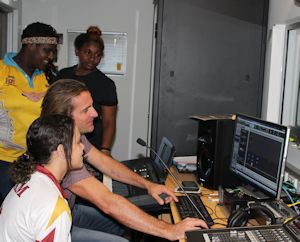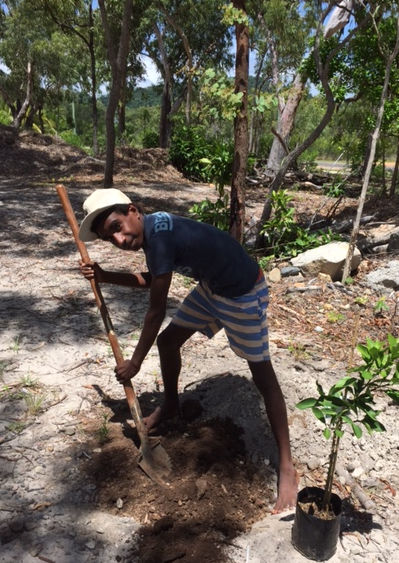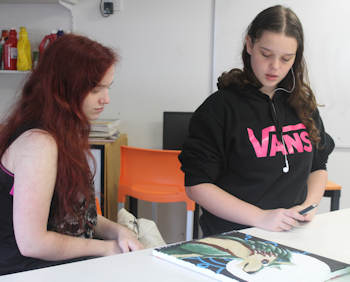Disengagement and young people
- remote area young people that are boarding school students (students who have returned to community from boarding colleges down south);
- highly mobile young people including those from interstate who are not enrolled.
- Youth Justice – characterised as disengaged for a number of years and high percentage are Indigenous;
- Early school leavers
- young people not at home and not enrolled;
- young people identified/referred via public;
- young people previously enrolled in home school and no longer enrolled; and
- remote student – post compulsory but no program offered in the community and not enrolled.



How to enrol
Enrolment Applications, Referrals and Case Conference
Any application or referral to the school is managed through the Heads of Campus. The application and/or referral meeting will include, as many of the following as possible: the young person, family member[s], representative from referring agency if required, Principal. The college Guidance Counsellor may also be introduced as they may undertake some assessment work with the student. An opportunity to look around the school, meet some people will also take place.
Criteria for Enrolment
As an accredited and funded Special Assistance School, Holy Spirit College needs to ensure strict guidelines to ethically provide a pathway for students outside the preferred traditional mainstream education system. To meet this criterion a young person must:
- Have demonstrated attendance with Secondary education, genuinely attempting to engage with mainstream education processes and pathways.
- Be actively disengaged, not been enrolled in and/or attended a secondary school for a significant period resulting in a gap between chronological age and their level of educational attainment.
- Actively disengaged in that they have low attendance at a secondary school in which they are enrolled e.g. less than 70% over a long period of time without a valid reason
- Passively engaged in education. These are young people who are enrolled in schools but are demonstrating significantly lower than average attainment scores in assessable subjects e.g. D or less and/ or have a high absence or suspension rate
(a) would not otherwise be –
(i) enrolled and attending school while of compulsory school age; or
(ii) participating in an eligible option full-time, or in paid employment for at least 25 hours each week, during the compulsory participation phase; and
(b) are not provisionally registered, or registered, for home education.
Commencement of Enrolment
At the commencement of the student’s enrolment a care team meeting is conducted with the student. The meeting could include the following people depending on the situation – young person, family, Head of Campus, Principal, teacher and Guidance Counsellor. An individual learning plan will start to be developed.
A summary of this plan is presented to the teacher-mentors to enable a consistent approach in working with the student’s enrolment. Regular reviews of these plans are conducted throughout the year, including consultation with parents.
There are ongoing planning meetings with relevant staff, student and family to assess where the young person is at and resolve any barriers.




